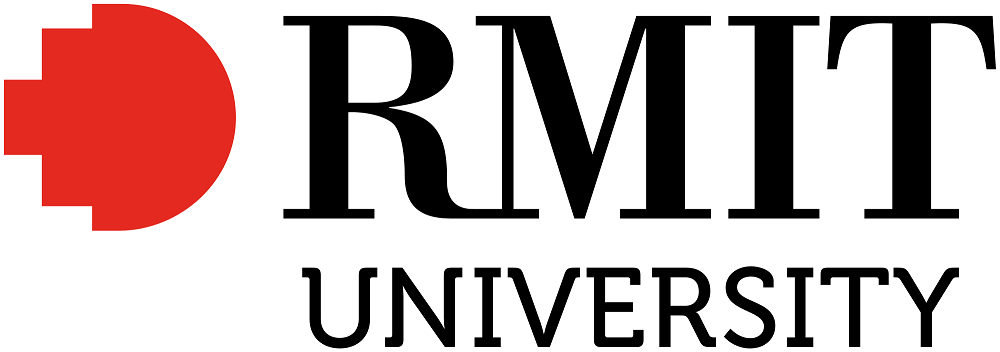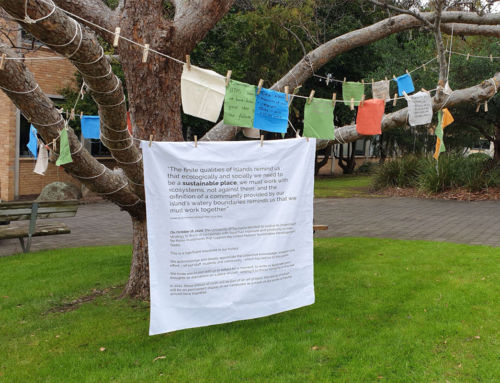The RMIT Journey Towards Carbon Neutral
RMIT is taking strategic steps to become carbon neutral by 2030, through genuine actions that demonstrate sustainability leadership in emissions reduction and innovative partnerships. Building on the success of delivering the largest energy performance contract in the southern hemisphere, RMIT has participated and led: two large-scale corporate power purchase agreements; rolled out volumes of on-site solar PV; prioritising energy efficiency in capital development projects; refurbishments and asset replacement programs; uplifted design standards to go over and above the National Construction Code; embedded sustainability into all large University tenders and, completely divested its philanthropic funds from fossil fuels.
> The initiative
RMIT has a long history of commitment and action in addressing sustainability and greenhouse gas emissions across operations, learning and teaching and research. RMIT’s first commitment to sustainability was in 1995 with the signing of the Talloires Declaration. This was followed by the achievement of the ATN emissions reduction target of 25% by 2020, four years ahead of schedule.
RMIT’s Carbon Management Plan sets the ambitious direction to transform the way the University uses energy and become Carbon Neutral by 2030, this Plan was approved by the University Council in 2018. Through this plan RMIT committed to expanding on-site solar generation, improving on-site energy efficiency and supporting renewable energy purchasing. In 2021, RMIT University is expecting to report a 70% reduction in emissions from the 2007 baseline – based on already completed initiatives. The RMIT Carbon Management Plan addresses scope 1, 2 & 3 emissions, including a comprehensive assessment of scope 3 emissions undertaken by RMIT academics. RMIT is committed to transparency through a regular and expanding scope 3 emissions disclosures through annual reporting processes. The Carbon Management Plan is a publicly available document.
The comprehensive Carbon Management Plan was developed by a reference group of academics and specialists from across the University – including sustainability, business, legal, facilities management, capital works, information technology and others. The Plan outlines the sources of the University’s emissions and charts a defensible pathway to reach carbon neutrality. With a strong emphasis on following the carbon management hierarchy (preferencing avoidance and reduction before offsetting) it provides RMIT with a strongly defensible pathway. In working towards achieving carbon neutrality RMIT has completed a number of world-leading initiatives, including:
Sustainable Urban Precincts Program (2017)
RMIT delivered a $128M investment into energy efficiency through two large energy performance contracts, this was broken into over 60 separable packages of work delivered by Siemens and Honeywell. Over 3 years the program delivered 4.4MW of on-site generation, 11 high-efficiency boilers, 12 high-efficiency chillers, over 40,000 LED light fittings, BMS and HVAC system upgrades. The program of work has led to RMIT realising a 30,000-tonne reduction in emissions annually.
Solar Photovoltaic Rollout (2018)
RMIT rolled out over 600kW of solar PV across University rooftops within inner-city Melbourne. Sites were selected through a rolling program of living laboratory projects where RMIT Masters students assessed and ranked the most suitable sites – which can be difficult with a number of high-rise apartment towers around Melbourne. The student work became the basis of a capital project the following year and was used in the tender documentation development. Resultingly, RMIT installed over 600kW of solar across 19 systems with remote monitoring and an expected payback of four and a half years.
Melbourne Renewable Energy Project 1 (2018)
RMIT was a key partner in the world-first group renewable energy power purchase agreement, signing a 10-year renewable energy supply contract with Pacific Hydro. The contract supported the construction of the 39-turbine, 80MW Crowlands Wind Farm in western Victoria, bringing more renewable energy into the national grid. The project also provided a blueprint for future power purchase agreements in Australia, with the publication of a guide to procuring off-site renewable energy. The agreement provides RMIT with carbon neutral electricity and an 8,000-tonne emissions reduction.
Melbourne Renewable Energy Project 2 (2020)
Following the outstanding success of MREP1, RMIT took bold leadership to establish and lead a second group of corporate and University partners through a power purchase agreement process. Ultimately the group contracted a further 1 terrawatt hour (TWh) of renewable energy over 10 years from the Yaloak South Wind Farm in western Victoria. As the lead customer RMIT guided the partners through the procurement process and market testing, sharing lessons from previous experience, contracting and coordinating all external advisory services through to the successful contract execution. The renewable energy supply agreement provides RMIT with more carbon neutral electricity and provides a further 16,000-tonne emissions reduction.
Fossil Fuel Free Investments (2021)
Following over five years of work to move the investment market for small-scale investors, RMIT worked with its external investment manager Russell Investments to launch a new sustainable global fund. This marked the final step in minimising the exposure to companies with a material impact on climate change. The initiative is in line with RMIT’s Responsible Investment Principles, which guide the University’s investment managers to ensure that the portfolio minimises activities that have an impact on climate change and fossil fuels, while also screening for broader ESG issues including those relating to public health and wellbeing. Following the mid-year reporting from both these products, the University’s External Fund Managers confirmed that the entire RMIT Portfolio had no exposure to fossil fuels as at 31 March 2021.
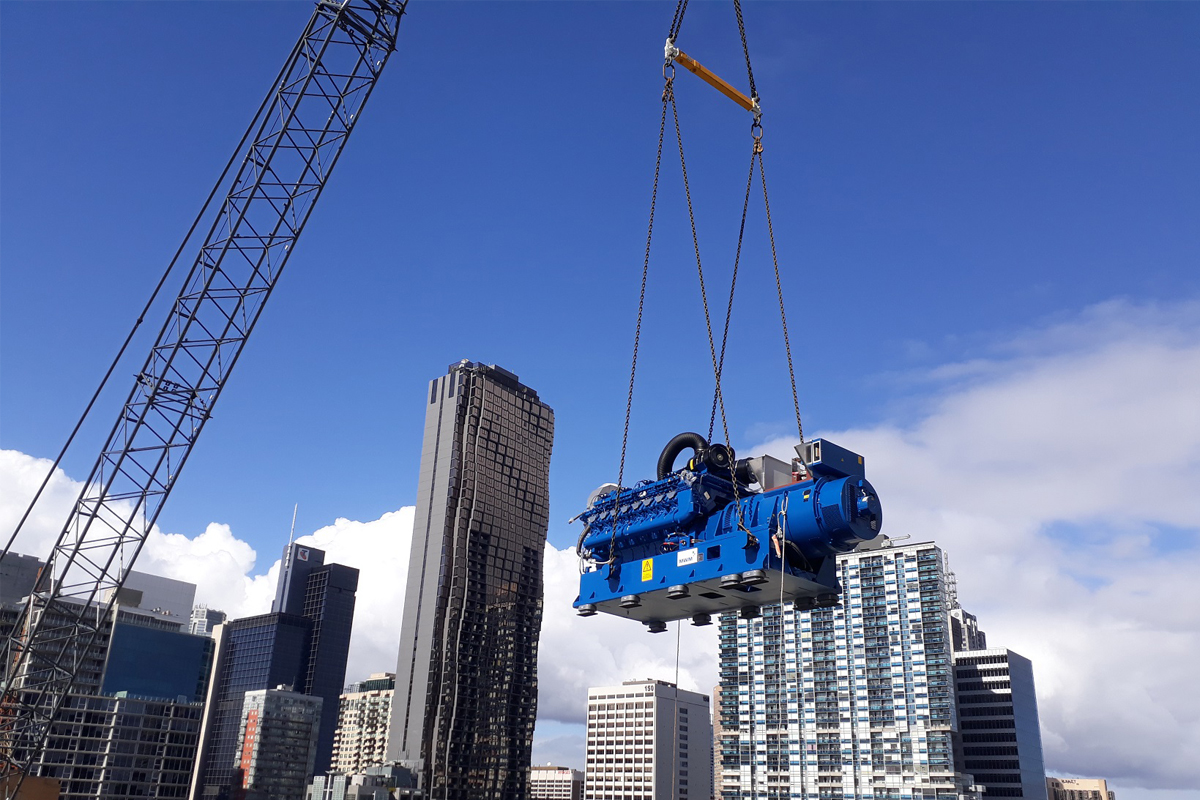
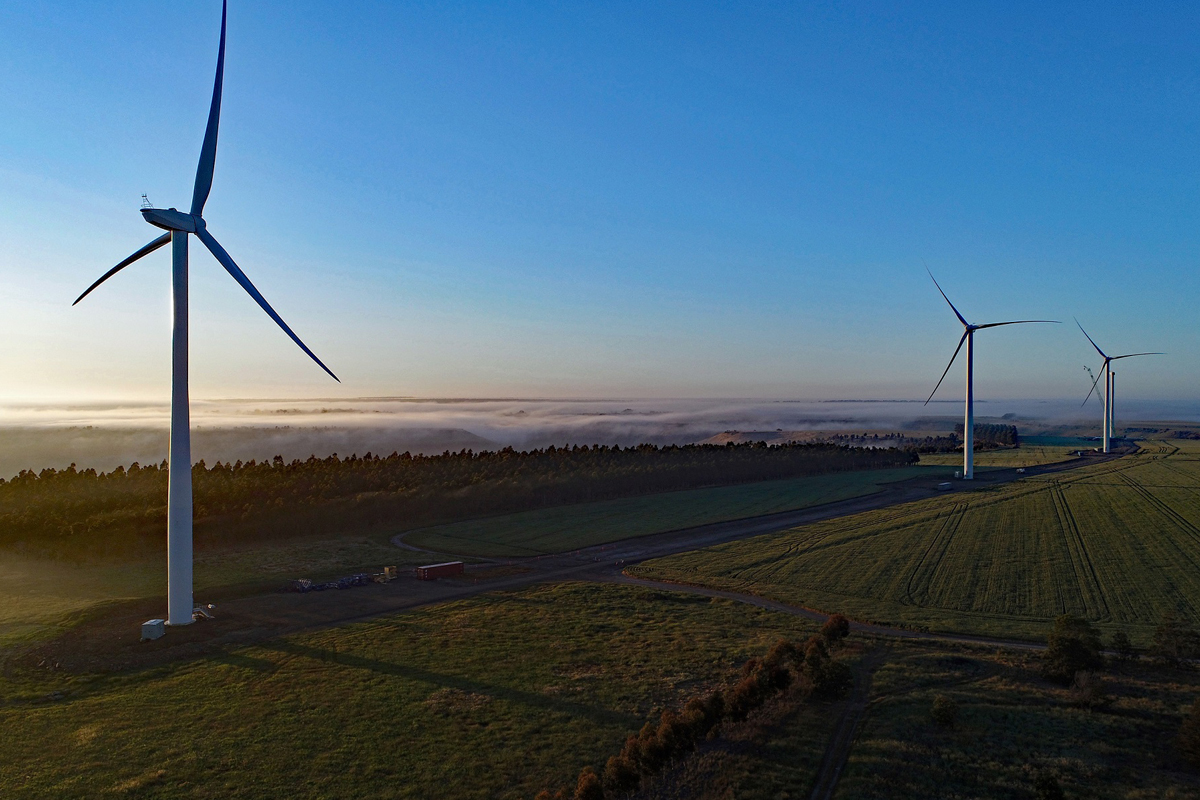
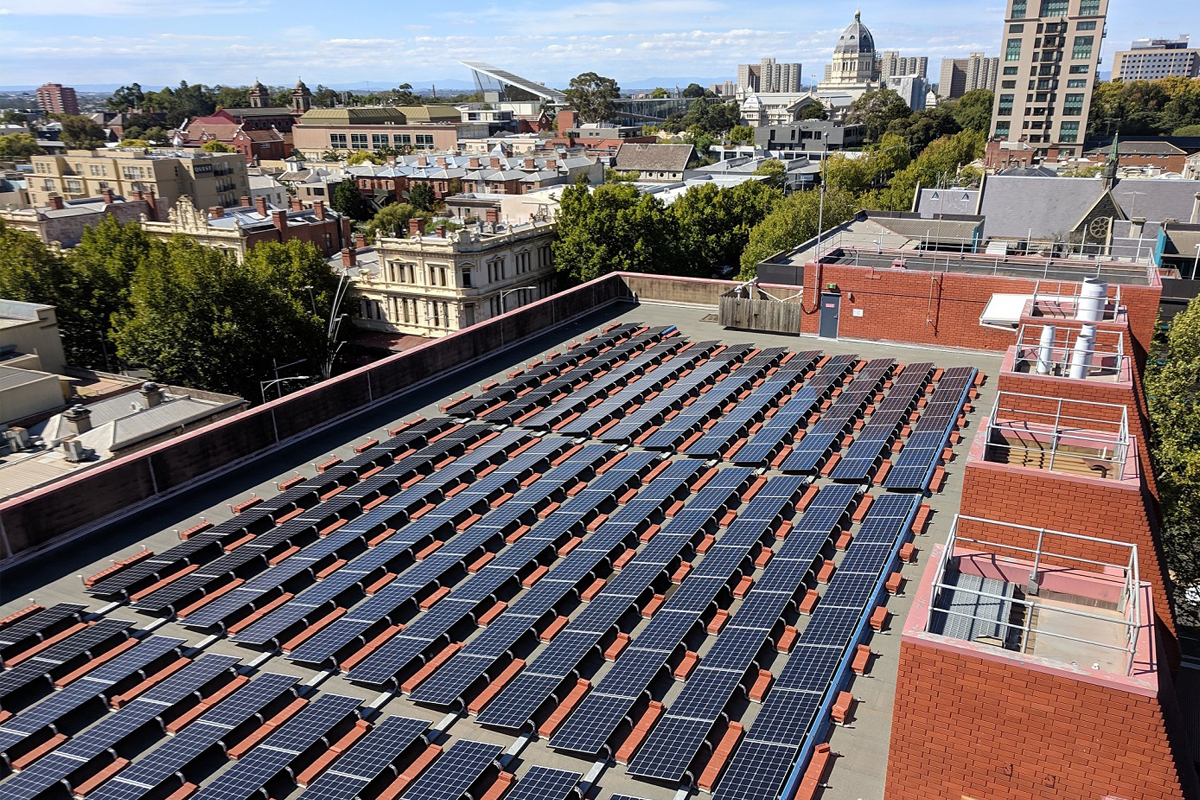
> Environmental and social benefits
Working towards carbon neutral by 2030, RMIT has achieved the following emissions savings:
| Initiative | Emissions Savings (tCO2-e) |
|---|---|
| Sustainable Urban Precincts Program | 30,000 |
| Solar Photovoltaic Rollout | 1,000 |
| Melbourne Renewable Energy Project 1 | 8,000 |
| Melbourne Renewable Energy Project 2 | 16,000 |
| Total | 55,000 |
The total emissions savings 55,000 tonnes of carbon dioxide equivalent (tCO2-e) will represent an absolute emissions savings of 70% (based on 2007 levels), having reported a 62% reduction in 2020. This puts RMIT well on track to achieving the goal of becoming carbon neutral by 2030. The partnerships RMIT has demonstrated in renewable energy purchasing and responsible investing is creating genuine societal impact beyond the boundaries of the University. The new investment product RMIT assisted in developing is now open to other institutional investors.
> Leadership and engagement
The carbon neutral initiatives demonstrate that real progress can be made to on-site emissions and that a journey to carbon neutral can be done in a financially responsible manner. The initiatives further demonstrate that RMIT is serious about making real sustainability progress, not onlyon campus, but within the communities the University operates. The following initiatives are uniquely distinctive:
- The onsite emission reductions (before offsets) that RMIT University has undertaken are by far the largest of any University in Australia.
- The energy performance contracts were the largest contracts of their kind in the southern hemisphere.
- The creation of new investment products and being entirely fossil fuel free is a first for any Australian University.
- The approach to partnerships around power purchase agreements has scaled up impacts of purchasing decisions, allowing a wind farm to be build and driving demand for renewable energy in Australia.
> Wider societal impact
Undertaking large group power purchase agreements has allowed RMIT University to scale up the impacts of purchasing decisions. Through Melbourne Renewable Energy Project 1 & 2, the groups have collectively purchased 2 terrawatt hours (TWh) of renewable energy over 10 years, driving the construction of a wind farm in western Victorian and increasing the overall demand for renewable energy in the market. These impacts benefit Australia by decreasing the reliance on fossil fuels in the National Electricity Market as well as providing repeated examples for others. Since MREP1 and the ‘how to’ guide that the project published to encourage others to others to undertake power purchase agreements, following this there has been an explosion in the development of this form of agreement across Australia with over 8TWh of annual consumption contracted from renewable energy.





